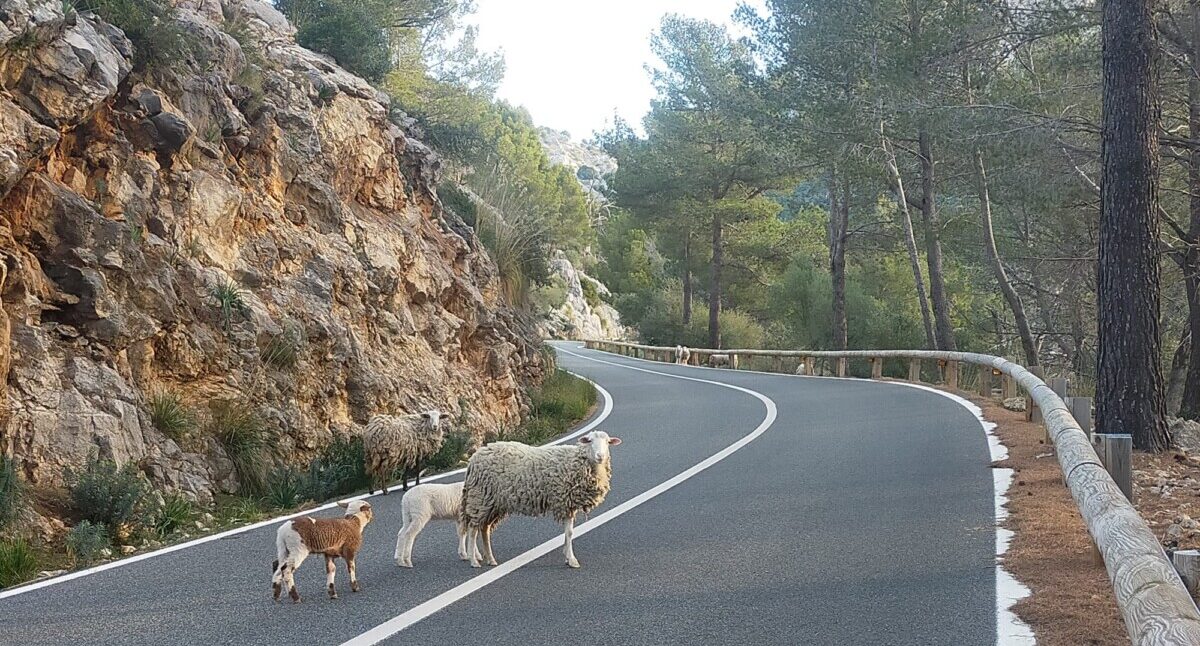PART 1: MLA Citation
McKinsey. “The Future of Work after COVID-19.” YouTube, YouTube, 17 Feb. 2021, https://www.youtube.com/watch?v=8KenNOYOiq4&t=3s.
<0o0o0o0>
Graphic Organizer
Main Idea: How Covid-19 has reshaped the job economy in ways that will persist long after the pandemic is gone.
| Supporting Detail 1: Remote work is here to stay. | Supporting Detail 2: Job growth will be more heavily concentrated in high skill jobs while middle and low skill jobs decline. | Supporting Detail 3: The forces unleashed by Covid-19 have put other jobs at risk. |
PART 2: SUMMARY
This is a short 2-minute, and 37-second video produced by McKinsey & Company, a Youtube channel managed by the McKinsey Global Institute. In this video, this institute used a research report to inform the audience about the present and future changes to the job economy. One supporting detail for this is the current and future presence of remote jobs in various companies. The convenience of being able to work from home is something many working-class citizens won’t be willing to give up. Another supporting detail for this statement is the increase in job growth for high-skill jobs like teachers or engineers. Meanwhile, low to middle-skill jobs like retail cashiers or teacher assistants are on a decrease in job growth. One final supporting detail for this statement is the jobs put at risk due to the Covid-19 pandemic. Like business travel, which is unlikely to recover quickly, which negatively affects flight attendants, airline mechanics, and baggage handlers according to the video. Or the use of self-checkout, which lessens the need for grocery store clerks.
Part 3A Reflection
This video is very straight to the point while also providing clear examples to support its claims. I agree with the points made, especially regarding the idea of remote work becoming more prominent in the workforce. I like when the video ends with a question; “Can business and government leaders come together to create solutions, not only for navigating the pandemic but for navigating the post-pandemic world of work?”. I like this question because it puts the government and large business owners, who are major players in the job economy, on the spot. I believe that it’s a general consensus that the gov’t and large businesses aren’t doing a lot for people in the Middle and Lower-Classes of the working community, mostly focusing on securing the stability and wealth of those in the Upper-Class. So this question kind of calls them out, though whether they respond or not is up to them. If I could say something to McKinsey & Company, I would mostly question them on their information-gathering process(es). As for how this relates to my research question, it gives me more “ammo” to support how exactly Covid-19 has affected the job economy and how people/businesses are adapting to such effects.
Part 3B Rhetorical Analysis
The genre of this video source is an informational report and is targeted toward the general populous of the United States. This video’s purpose is to inform the audience of the changes to the job economy that have already happened and those that are to come. The tone of this video is informal. Youtube is a social media platform that while it isn’t a reliable source, it is a platform for sharing ideas and perspectives. Though the McKinsey Global Institute is a reliable source since it is the oldest and largest of the “Big Three” management consultancies (MBB), the world’s three largest strategy consulting firms by revenue.
PART 4: NOTABLE QUOTABLES
“We are entering an era of occupational transitions…” (McKinsey & Company)
“Can business and government leaders come together to create solutions, not only for navigating the pandemic but for navigating the post-pandemic world of work?” (McKinsey & Company)



